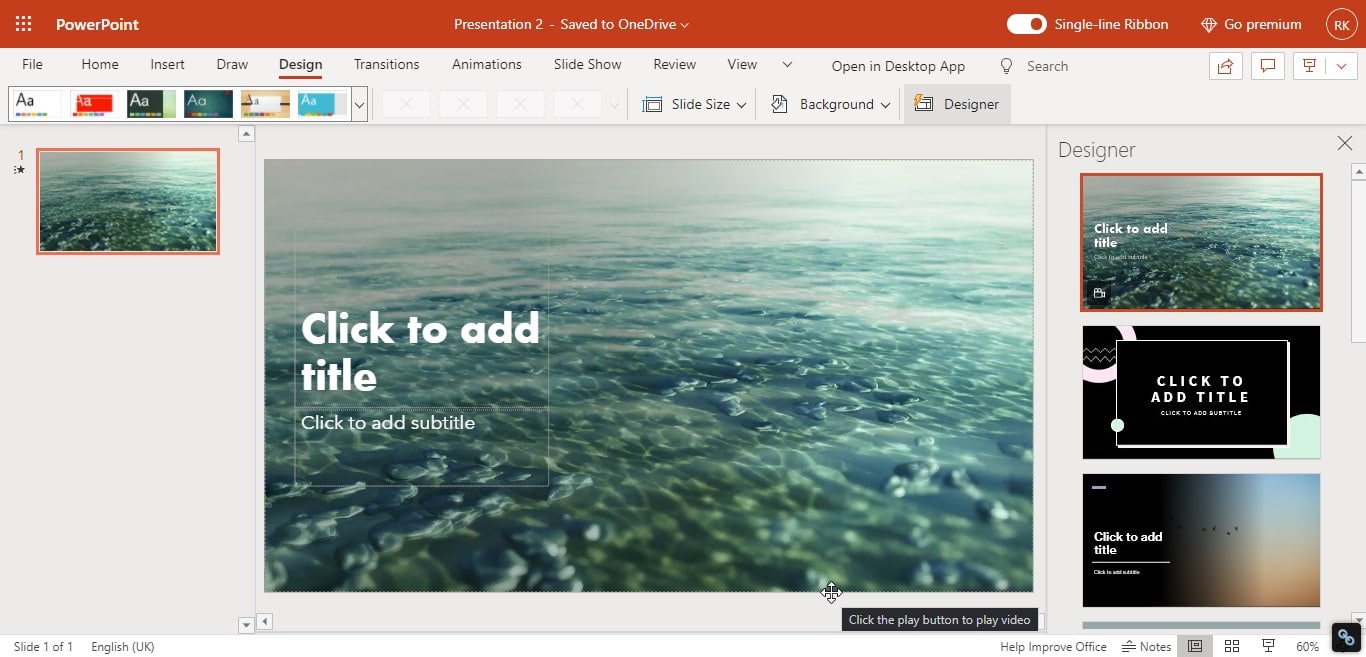

- #Possible to run portable microsoft word on linux for free
- #Possible to run portable microsoft word on linux full
- #Possible to run portable microsoft word on linux software
- #Possible to run portable microsoft word on linux free
- #Possible to run portable microsoft word on linux windows
There are many thumb drive distributions you can try, some with minimal desktop environments for low-powered computers and others with a full desktop. In other words, you can use this as a secure kiosk on an untrusted computer or as your portable OS on computers you trust.


This flexibility allows you to choose whether to boot in persistent mode, saving all data back to the thumb drive, or in an ephemeral mode, so everything you do disappears once you power down. Any data you want to save is written into a compressed filesystem, which is then applied as an overlay to the system when you boot.
#Possible to run portable microsoft word on linux software
Unlike many other quick hacks to get to a Linux shell, this method offers you a full and robust Linux system, complete with a desktop, access to whatever software you need, and persistent data storage.
#Possible to run portable microsoft word on linux free
#Possible to run portable microsoft word on linux windows
WSL doesn't yet have a clear pathway or purpose, but it provides a Linux environment on your Windows machine. If you try to push it too far too soon, you're likely to encounter a bug or two, but if you're just looking to get started with Linux, learn some commands, and get a feel for getting serious work done in a text-based environment, WSL 2 may be exactly what you need. At this time, it's still a new initiative and a work in progress, so it's subject to change. This is Linux running as a process on your Windows machine. While it's primarily aimed at developers, Windows users will find WSL 2 to be a Linux environment from the comfort of a familiar desktop without any virtualization taking up extra resources. You can do just enough real-life activities to make them viable for getting real work done, although they're not reliable enough to be mission critical.īelieve it or not, Microsoft started shipping Linux with Windows as of June 2019, meaning you can run Linux applications from Windows as the second iteration of the Windows Subsystem for Linux (WSL 2). The fact that you don't get root access means you get to learn local software management without having to mow your own lawn or fix leaky faucets. Public access shell accounts are a great way to try out a real Linux system. You can also ask for additional software or libraries to be installed, subject to administrator approval. You can often gain access (through a special request or a small donation to demonstrate goodwill) to database engines, compilers, and advanced programming languages. It also has several homebrewed applications, so it straddles the line between old-school BBS and plain-old free shell.įree shell accounts are subject to a lot of abuse, so the more you demonstrate trustworthiness and willingness to participate in the goings-on of the collective, the better your experience. NetBSD isn't Linux, of course, but it's open source Unix, so it offers a similar experience. SDF Public Access Unix System was established in 1987 to offer free NetBSD accounts.Blinkenshell provides a Linux shell to learn Unix, use IRC, host simple websites, and share files.You get SSH access (to experiment in a Linux shell), IPv6, and OpenSSL, and you can request a MySQL database. is a public access Linux system that's been online since 2002.
/cdn.vox-cdn.com/uploads/chorus_asset/file/22014137/Linux_Live.png)
If you want to log time in a Linux terminal to learn commands, shell scripting, Python, and the basics of web development, a free shell account is an easy, no-cost way to get started.
#Possible to run portable microsoft word on linux for free
To put excess computers to good use, many administrators open their spare boxes up for free shell accounts. There are a lot of people running Linux with more Linux servers than they know what to do with (keep in mind that a "Linux server" can be anything from the latest supercomputer to a discarded 12-year-old laptop).


 0 kommentar(er)
0 kommentar(er)
